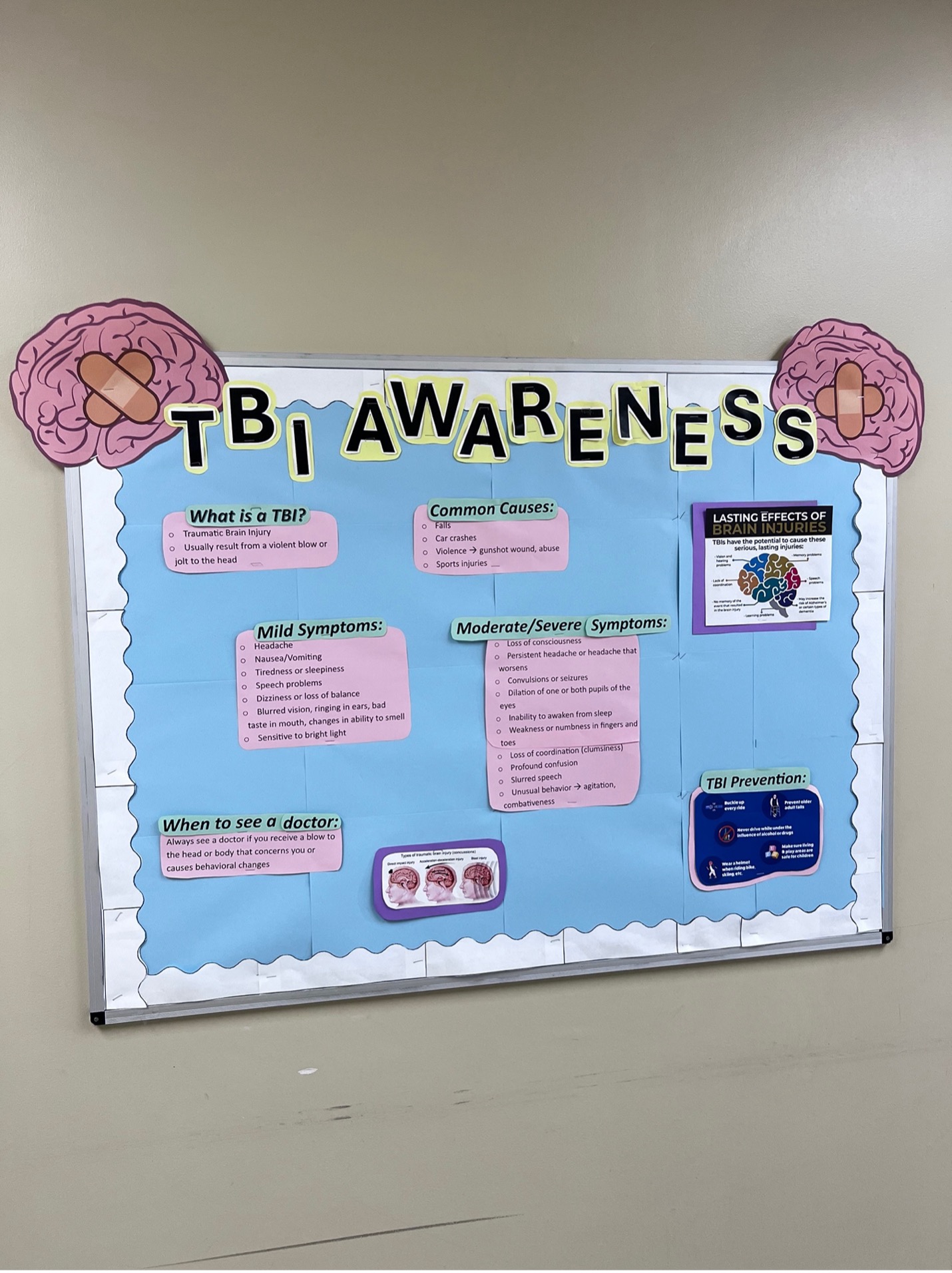
Serving the underserved is something I have always been passionate about. The Rural Health Certificate has better equipped me to understand and tackle social determinants of health challenges and address their impact on population health.
I enjoyed being able to use the foundational coursework to design and implement evidence-based health interventions in rural settings. My project outlined mental health disparities in the veteran population. It aimed to increase access to care, encourage veteran use of programs, and create dialogue between veterans and mental health providers.

I greatly enjoyed the rotation experience! Because of the intimate setting of rural experiences, both patients and staff were always very welcoming. The pharmacists I had the opportunity to work with were always very considerate about my interests and tailored the rotations to my interests and goals. I participated in different activities, such as creating a medical bulletin board for a rural clinic for patients and medical staff to view. I was also allowed to be paired with different medical providers while they saw their patients across various therapeutic areas and specialties.
I had the opportunity to experience different rural sites while in the Rural Health Certificate Program, and what I have learned to be a common theme is that pharmacists are a jack of all trades. In a large institution, pharmacists often specialize and become experts in one area because they have adequate staff, more resources, and training opportunities.
Conversely, in smaller rural areas, these are significantly reduced, but the roles and responsibilities of the pharmacist remain largely the same. I was able to attend a variety of experiences, such as participating in the care of psychiatric patients in a local jail. A typical day is truly anything BUT typical. Every day was unique and provided numerous opportunities to learn something new each day.

Rural providers and health care professionals often face unique challenges and must consistently “do more, with less” to care for their patients.
The training I received from the Rural Health Certificate Program will allow me to be an integral part of the team when assessing underserved patients’ needs and strengthening the workforce to meet communities’ needs better wherever I end up practicing.
